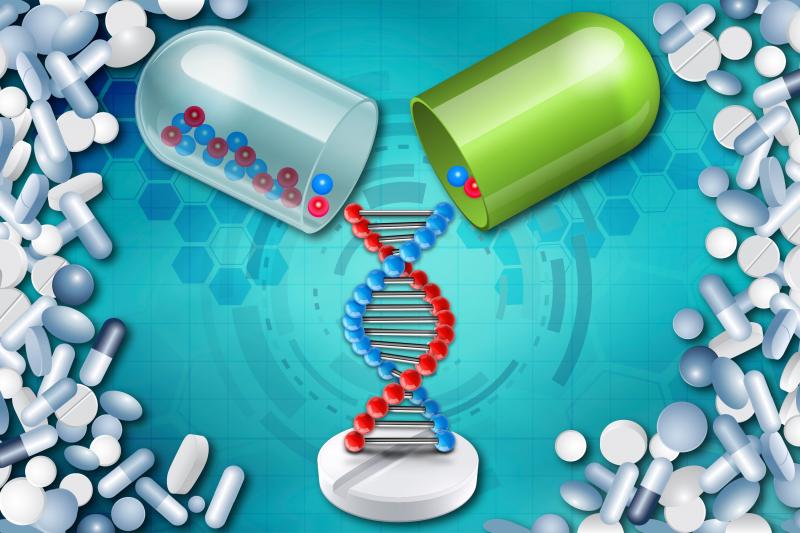Introduction:
In recent years, the field of healthcare has witnessed a remarkable transformation with the emergence of precision medicine. This groundbreaking approach aims to provide individualized medical care based on a patient's unique genetic makeup, lifestyle, and environmental factors. Precision medicine holds the potential to revolutionize the way diseases are diagnosed, treated, and prevented, offering a new era of healthcare tailored specifically to each individual.
Personalized Diagnosis:
One of the key pillars of precision medicine is accurate and early diagnosis. By analyzing an individual's genetic information, doctors can identify specific genetic mutations or alterations that are associated with certain diseases. This allows for precise and early detection, enabling healthcare professionals to intervene promptly and develop personalized treatment plans. Through genetic testing, individuals can be informed of their predisposition to certain conditions, empowering them to take preventive measures and make informed decisions about their health.
Targeted Treatment:
Precision Medicine goes beyond the traditional "one-size-fits-all" approach to treatment. By analyzing an individual's genetic and molecular data, healthcare providers can tailor treatment strategies to target specific genetic abnormalities or molecular markers associated with a disease. This targeted approach not only increases treatment efficacy but also minimizes the risk of adverse reactions. For example, in the field of oncology, targeted therapies can be developed to attack cancer cells with precision, leading to improved outcomes and reduced side effects compared to conventional treatments like chemotherapy.
Preventive Measures:
One of the most promising aspects of precision medicine lies in its ability to personalize disease prevention strategies. By understanding an individual's genetic predisposition to certain diseases, healthcare professionals can provide personalized recommendations for lifestyle modifications and preventive measures. This proactive approach has the potential to significantly reduce the burden of chronic diseases by identifying and addressing risk factors before symptoms even manifest. Precision medicine empowers individuals to take charge of their health and make informed decisions to prevent diseases.
Challenges and Future Directions:
While precision medicine holds immense promise, it also faces several challenges. The high cost of genetic testing, data analysis, and treatment development are major hurdles to widespread implementation. Additionally, ethical considerations regarding patient privacy, data security, and equitable access need to be carefully addressed.
Looking ahead, ongoing advancements in genomic research, bioinformatics, and technology will continue to propel precision medicine forward. The integration of artificial intelligence and machine learning algorithms will enable more efficient and accurate analysis of vast amounts of genetic and clinical data, leading to improved diagnoses and treatment recommendations. Collaborative efforts between researchers, healthcare providers, and policymakers are essential to ensure equitable access and maximize the benefits of precision medicine for all individuals.
Precision Medicine represents a paradigm shift in healthcare, offering personalized and targeted approaches to disease diagnosis, treatment, and prevention. By leveraging genetic insights and advanced technologies, precision medicine has the potential to transform healthcare, improving patient outcomes, and revolutionizing the way we approach medicine. As precision medicine continues to evolve, it holds the promise of a more precise, effective, and patient-centric healthcare system, fostering a healthier future for individuals and society as a whole.
